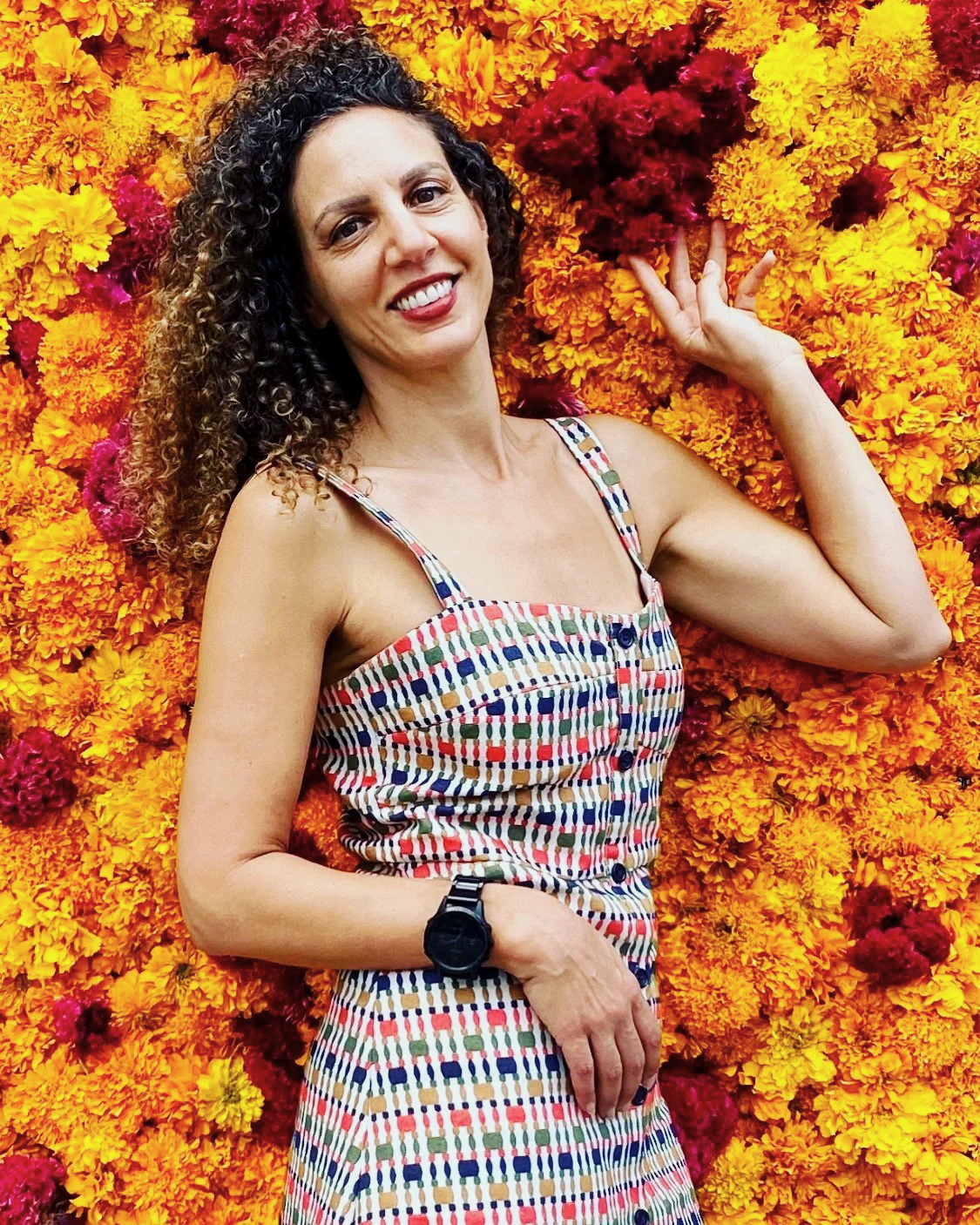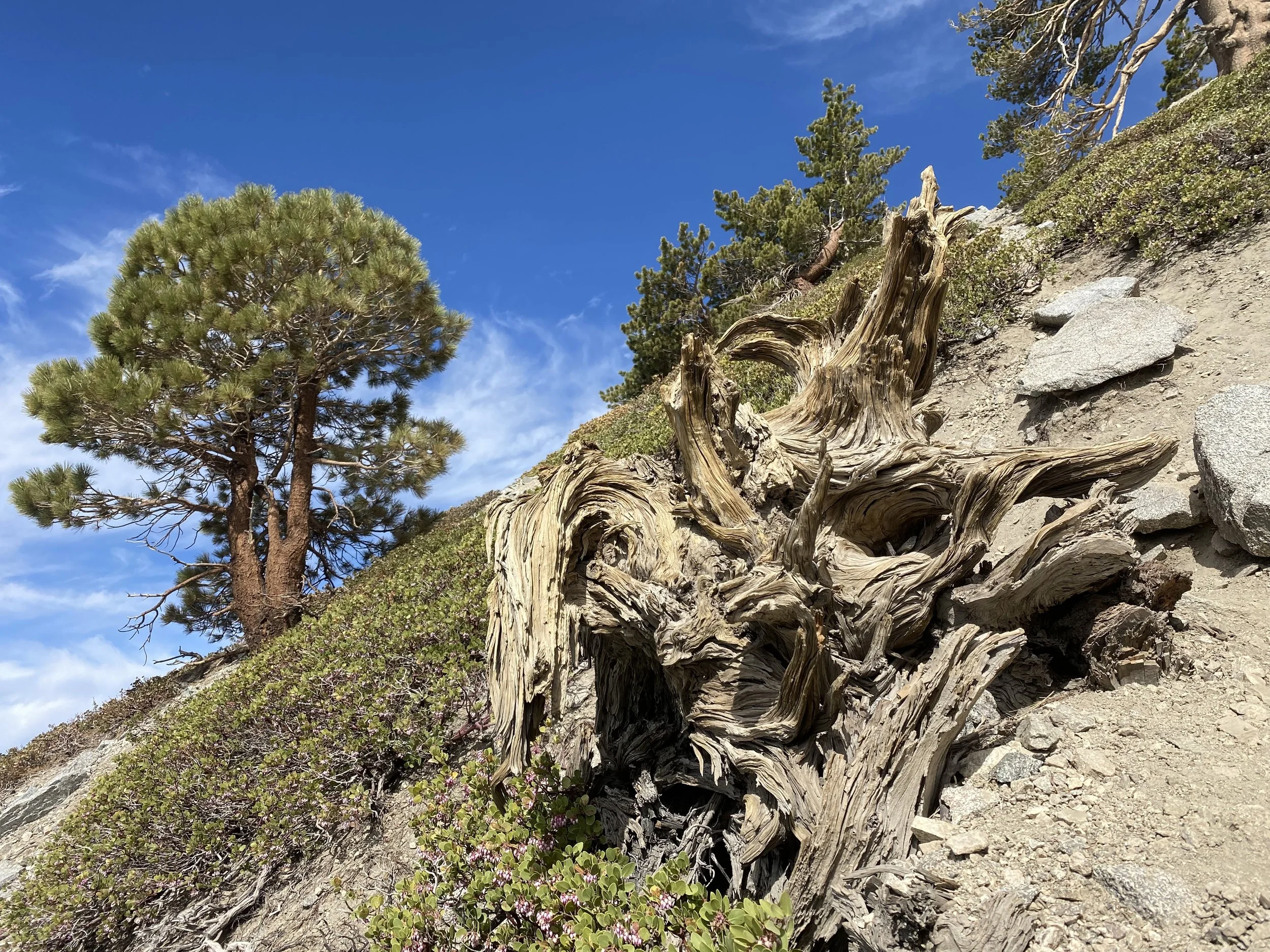About Me
When he turned 75, I gave him a mug from Wimbledon, along with a card explaining that I refused to make a big deal out of the milestone because that would mean acknowledging he was getting dangerously close to an age where he might die, and I wasn’t ready for that. I still wasn’t ready, 14 years later, when I saw a text from my sister between meetings at work: “Did mom tell you dad had a stroke?”
He was 89. According to my parents, "it was just a mini-stroke, a TIA, nothing to worry about.” I already knew the details. My sister had told me. But as they spoke, I felt the words creep up on me like bathwater, quietly rising until it suddenly spills over, crashing onto the bathroom floor and making a huge mess. I still wasn’t ready for the reality that one day, he wouldn’t be here.
For as long as I can remember, just the thought of my dad dying could bring me to tears.
I decided I’d better get ready. I went down rabbit holes of podcasts and books and social media and began to shift from paralyzed and avoidant to curious and willing. What was perhaps most unexpected was how much beauty, awe and privilege there is in understanding and witnessing how we die. Turns out, death isn’t morbid at all. Surprisingly, learning about it makes living feel more rich and radiant.
I began to look for ways of supporting others in making peace with death and dying. I trained as a hospice volunteer with two organizations. I studied with INELDA and Going with Grace. I took an exam to become NEDA-proficient. The title “death doula” or “end of life guide” isn’t a licensed one, but training with established organizations and gaining practical experience working with people on hospice as they die has shown me that end of life care isn’t a study; it’s a practice.
_________
The title “death doula” or “end of life guide” isn’t a licensed one, but training with established organizations and gaining practical experience working with people on hospice as they die has shown me that end of life care isn’t a study; it’s a practice.
I live in Los Angeles, a city shaped by contrasts: dense and urban, yet teeming with wildlife and nature. Spiritual and secular, ever-evolving, full of creativity and struggle. Where else is one so reliably reminded that fame is fleeting, life is brief, and what matters most isn’t what you do for a living or who you know, but how you feel and make others feel?
I also bring a wide cultural lens to this work. Born in England to Egyptian immigrants, I was raised in North Carolina, educated in Cairo and Madrid, and speak fluent Spanish and some Arabic. I’ve lived and worked across four continents, navigating differences and learning how much cultural and spiritual wisdom can shape the way we die and the way we care for our dead.


